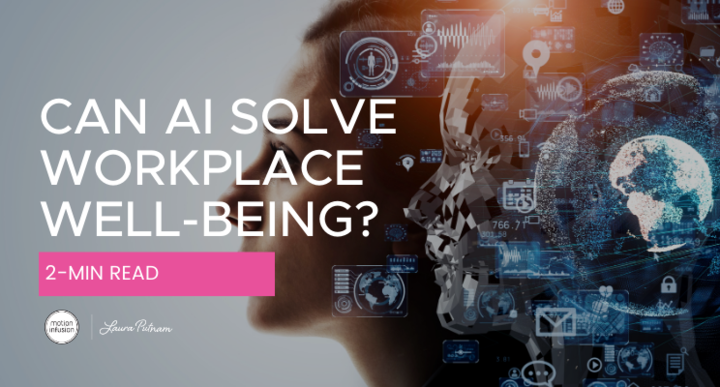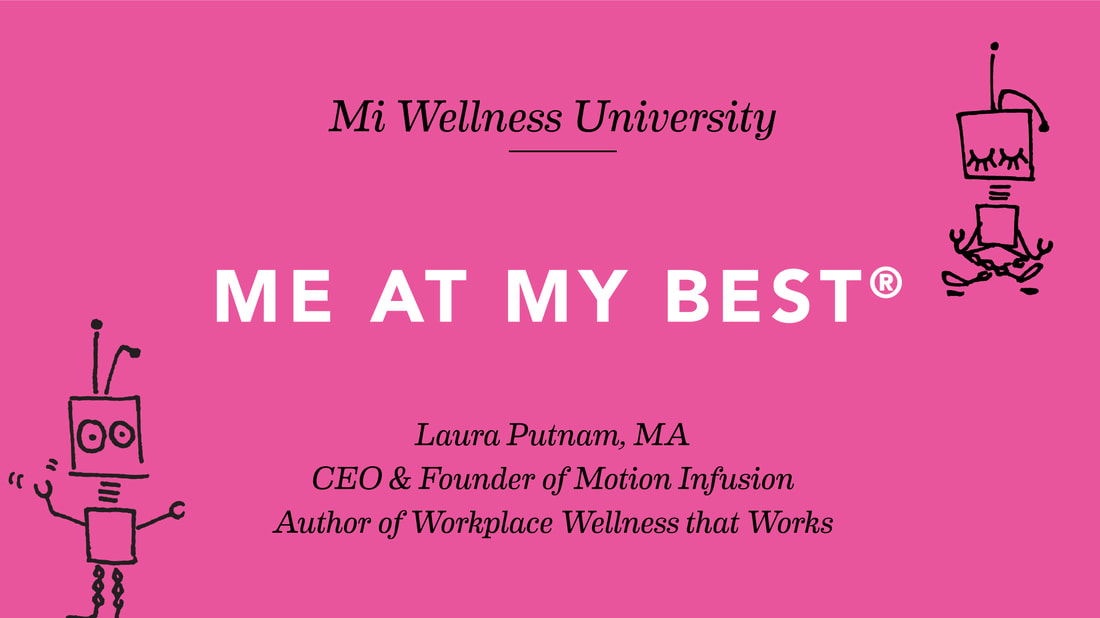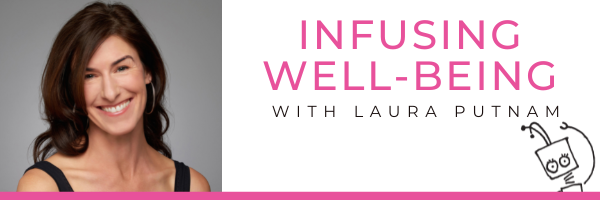|
With all the hype around artificial intelligence (AI) it’s easy to get swept up and believe AI is the panacea in solving the spike in mental health issues, such as burnout, depression and anxiety, along with overall well-being in the workplace. Evidence suggests that it won’t do much, as most AI-based solutions are the same thing, in a different wrapper. That is, they are yet another check-the-box wellness product that targets the individual - and does nothing to address the company culture or the leaders who shape that culture. According to a recent McKinsey Health Institute 2022 Survey of nearly 15,000 workers across 15 countries, a quarter of employees are reporting burnout symptoms - despite an increase in mental health resources offered to employees (including AI solutions). The reason? These programs and resources are solving the wrong problem. That is, they amount to little more than individual interventions that remediate the symptoms (burned out employees) but don’t resolve the root causes (the workplace culture). Meanwhile, according to leading burnout researchers Michael P. Leiter and Christina Maslach, the six leading causes of burnout have nothing to do with the individual and everything to do with the workplace itself. Last week I posted a LinkedIn Poll to ask people to weigh in on AI in relation to mental health. Will it help to curb the rise in mental health issues, I asked, or will it make things worse? The results are in…and the confidence in AI isn’t there, with 74% of people saying they think AI would have a negative impact on the mental health crisis. This lack of confidence in AI as a viable solution is with good reason. Having worked with over two hundred organizations and having directly trained over 20,000 CEOs and managers on workplace well-being strategies, I fear that AI-based solutions will give companies a false sense that they can improve workplace well-being through more individual resources. While AI-based solutions are scalable and can provide employees with greater privacy and anonymity to discuss sensitive topics, AI will do little to help improve systemic, workplace issues such as lack of autonomy, unsustainable workload, misaligned values or unsupportive managers and leaders, which are most often at the heart of a burnout culture. On top of this, a Rand study found that most workplace wellness programs fall short of their intended objectives with 80 percent of eligible employees opting out because these programs fail to address the root causes of the problem, which are often systemic in nature and grounded in the workplace itself. What’s required instead is the good old-fashioned hard work of fixing the workplace culture itself. As the McKinsey Health Institute 2022 Survey Report shows, along with longstanding Gallup research, the key influencers of culture are leaders, especially managers. Therefore, the best way to improve employees’ well-being and mental health is to give them good managers. No amount of yoga, mindfulness apps, wellness programs or any of these new AI-based solutions are going to do much. Empowering managers to become transformational leaders will. I’d love to hear your thoughts and opinions of AI as a solution to workplace wellness, comment below. In our on-demand course, ME AT MY BEST®, you'll learn how you can cultivate happiness now, unleash your inner genius, set thriving goals, and create an oasis of well-being so that you can become and sustain the best version of yourself. LEARN MORE ABOUT THE COURSE.
0 Comments
Leave a Reply. |
Follow laura on social:Website by Brand Genie
|
join laura's monthly newsletter
|






